Surrogacy Laws & Process in California

Understanding the Surrogacy Process in California
California is widely recognized as one of the most surrogacy-friendly states in the U.S. It offers well-established legal protections and a clear, inclusive process for both surrogates and intended parents. Whether you’re exploring parenthood through surrogacy or considering becoming a surrogate, California provides a stable, supportive legal environment. With its combination of progressive laws, experienced professionals, and efficient court procedures, the state remains a top destination for domestic and international surrogacy arrangements..
A HUGE Thank You To Our Sponsors...





Pre-Birth Parentage Orders in California: Legal Recognition Before Birth
One of the most important benefits California offers is the ability to obtain a pre-birth parentage order This court-issued order recognizes the intended parent(s) as the legal parent(s) of the child before birth, regardless of genetic connection, marital status, or sexual orientation.
California law permits pre-birth orders in the following family structures:
Married or Unmarried Heterosexual Couples:
Legal parentage can be granted before birth, whether or not the parents are biologically related to the child.
Married or Unmarried Same-Sex Couples:
Both intended parents can be recognized as legal parents from birth.
Single Intended Parents:
A single individual can be declared the sole legal parent through the pre-birth order process.
Parents Using Donor Gametes or Embryos:
Legal recognition is based on intent, not genetics. Intended parents using donor sperm, eggs, or embryos can still receive a pre-birth parentage order.
Non-Genetically Related Parents:
Even if neither intended parent shares a genetic link with the child, both can be legally recognized under California law.
Pre-Birth Parentage Orders for Same-Sex Couples:
Montana courts recognize married same-sex couples as legal parents, even with donor gametes.
These rights apply to gestational surrogacy arrangements, which are governed by California Family Code Sections 7960–7962. Legal precedents such as Johnson v. Calvert (1993) and Buzzanca v. Buzzanca (1998) further reinforced the rights of intended parents.
Who Can Be a Surrogate in California?
Eligibility Criteria:
- Surrogacy is open to both married and unmarried women who meet the necessary health and emotional requirements.
- Women must have had at least one successful pregnancy in the past and be medically healthy to carry a child for others.
Health and Medical Requirements:
- A surrogate must undergo a thorough medical screening to ensure they are physically capable of handling a pregnancy, including tests to evaluate overall health, reproductive history, and mental well-being.
Age Requirements:
- Typically, surrogates should be between 21 and 40 years old to ensure both a healthy pregnancy and the emotional maturity needed for the process.
Emotional Readiness:
- The emotional and psychological aspects of surrogacy are critical. Surrogates must be mentally prepared for the process, understand the emotional challenges, and be able to handle the separation from the baby after birth.
No Strict Legal Restrictions:
- Montana does not impose rigid legal restrictions on who can be a surrogate. However, having the right legal and emotional support is essential for both the surrogate and the intended parents to ensure a smooth process.
Explore the Carrying Dreams Surrogacy Heatmap

